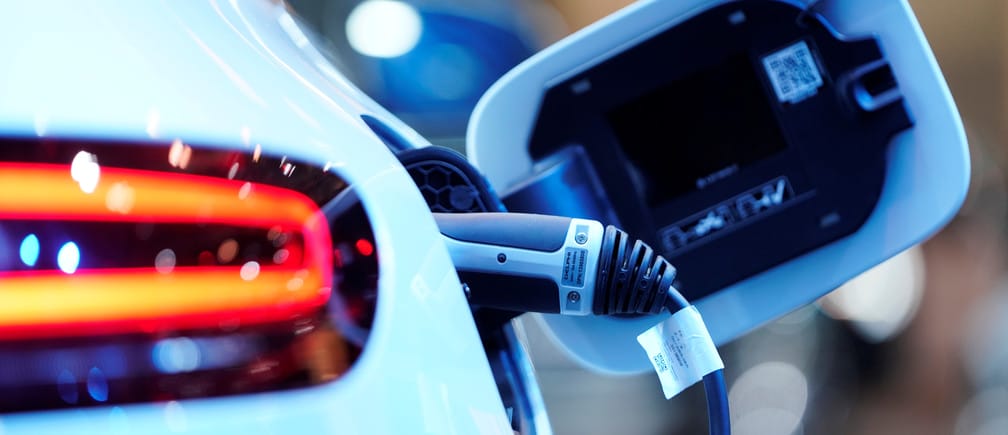New BIS standards for electric vehicles aim to enhance safety and performance, influencing various industry sectors.
Source and citation: Announcement by the Bureau of Indian Standards (BIS), as reported on June 24, 2024.
TLDR For This Article:
The Bureau of Indian Standards (BIS) has introduced two new standards for electric vehicles (EVs), focusing on safety enhancements for two-wheelers, cars, and goods trucks, as well as e-rickshaws and e-Karts.

Analysis of this news for a layman:
The BIS has set new standards to ensure the safety and efficiency of electric vehicles across different categories, including two-wheelers (L category), passenger vehicles (M category), and commercial goods trucks (N category). These standards address critical aspects such as the powertrain and battery performance, aiming to make EVs safer and more reliable. “Powertrain” refers to the components that generate power and deliver it to the road or a surface.
Impact on Retail Investors:
- Knowledge is Power: Understanding how these standards could drive EV adoption can help investors make informed decisions.
- Potential for Growth: Companies compliant with these new standards may see an increase in market share and investor interest.
- Risk Awareness: Investors should consider the costs companies might incur to meet these standards and how it affects profitability.
Impact on Industries:
- Automotive Manufacturing: Companies will need to align with these new safety standards, which may require investment in new technologies and design adjustments.
- Battery Manufacturers: Enhanced safety and performance standards could drive demand for high-quality batteries.
- Ancillary Suppliers: Businesses supplying parts and components for EVs might see increased demand under stricter safety regulations.
Long Term Benefits & Negatives:
- Benefits: Safer EVs could lead to broader acceptance and increased sales, reducing environmental impact and enhancing road safety.
- Negatives: The costs associated with upgrading or redesigning vehicles to comply with stringent standards could strain manufacturers.
Short Term Benefits & Negatives:
- Benefits: Immediate boost in confidence for consumers and potential investors seeing a commitment to safety.
- Negatives: Possible disruptions in production as manufacturers adjust to meet new guidelines, potentially affecting supply chains and short-term profitability.
Companies Affected by New Indian Electric Vehicle Safety Guidelines
The Bureau of Indian Standards (BIS) introducing new safety guidelines for Electric Vehicles (EVs) could impact various companies in the EV sector.
Indian Companies Likely to Gain:
- Established Indian EV Manufacturers: Companies with a strong focus on quality and safety compliance like Mahindra Electric Mobility Ltd. (MEML), Tata Motors Ltd. (TTMT), Bajaj Auto Ltd. (BAJAJ-AUTO) could benefit. The new standards may create a barrier to entry for smaller players with lower safety standards, potentially strengthening the market position of established manufacturers. Positive news on safety improvements could also improve market sentiment for these companies.
- EV Battery Manufacturers: Companies that manufacture Lithium-ion batteries which meet the BIS standards, like Exide Industries Ltd. (EXIDEIND), Amara Raja Batteries Ltd. (AMARAJABAT), could benefit from increased demand for compliant batteries. The focus on battery safety could lead to increased sales of these companies’ products.
Indian Companies Potentially Losing:
- Small or New EV Manufacturers: Smaller manufacturers who haven’t prioritized safety and may struggle to meet the new standards could face challenges. They may need to invest in design changes or source compliant components, impacting their costs and competitiveness.
Global Companies Likely to Gain:
- Global EV Component Manufacturers: MNCs with a strong presence in India and manufacturing capabilities for compliant EV components like Bosch Ltd. (BOSCHLTD), could benefit from increased demand as Indian manufacturers look to meet the new safety standards.
Global Companies Not Likely to Gain or Lose:
- Major global EV manufacturers are unlikely to be directly impacted as they likely already adhere to stringent safety standards in their home markets. However, they may need to ensure their Indian-made vehicles comply with the BIS standards.
Overall Impact:
The new BIS standards are a positive development for the Indian EV industry, promoting safety and potentially improving consumer confidence. Established Indian manufacturers and EV battery suppliers that meet the standards are well-positioned to benefit. Smaller Indian manufacturers may face challenges, and global companies will need to adapt their strategies for the Indian market.